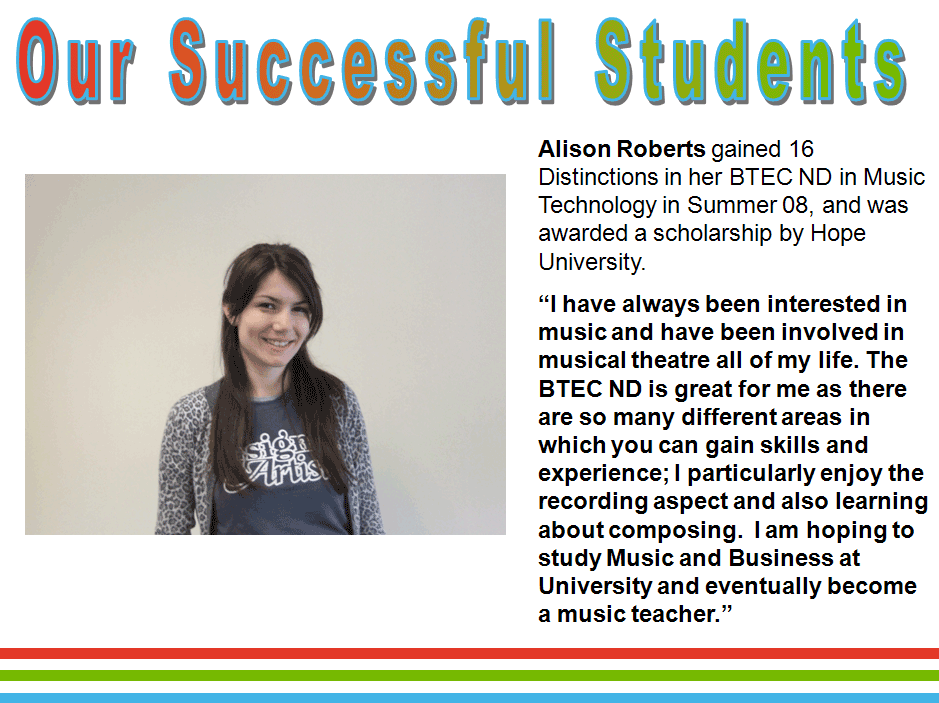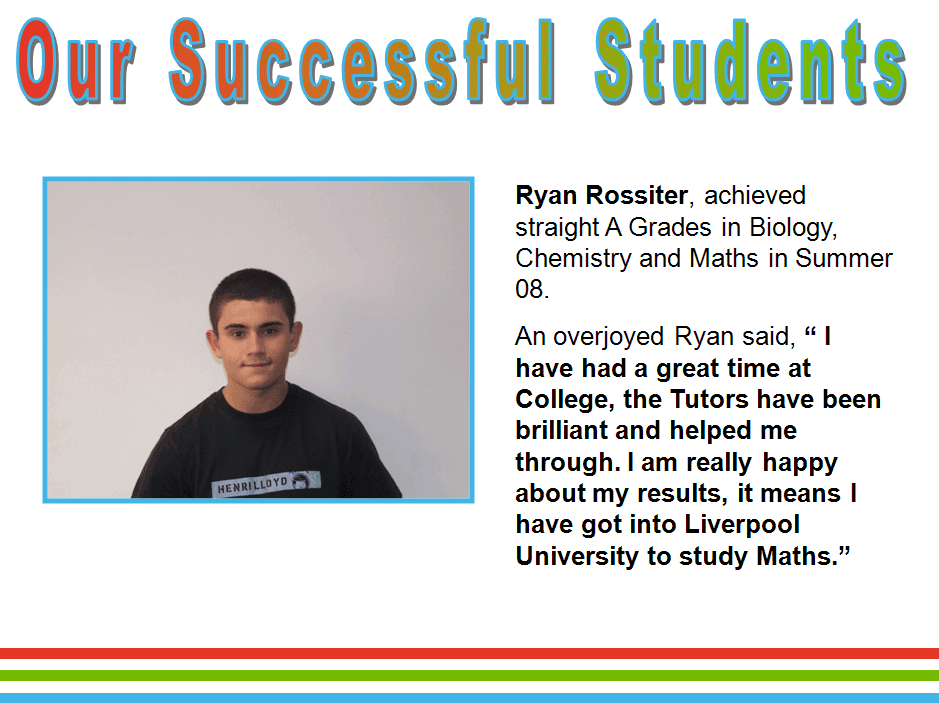




These students of Community College succeeded in different fields of participation and were able to represent their College on a high level within similar educational establishments. Much of it is owed to the activities which a college suggests for students. Moreover, as Cohen & Brawer (2002) admit “Colleges can control the types of students they attract by expanding or contracting off-campus classes and enforcing student probation and suspension procedures more or less stringently” (Cohen & Brower, 2002, p. 71). Achievements in Sciences, music, sport and social awards within colleges are the result of policy maintained in Community Colleges during two years of education. Students are allowed to choose the activity which is concerned with proper skills or interests. It works in practice, as it is seen on the examples of above mentioned students.
Arthur Cohen (2005) outlines the use of Community Colleges in their support for the employment of graduates or making continuation of studying possible on the upper levels of education, gaining bachelor degree, for example. Thus, comparing above mentioned profiles on cannot but agree that these students were rightly directed by tutors, in order to evaluate the advantages of every student. Successfulness of these representatives of Community College does not mean that the rest of students are not capable in some activities at all. In fact, these examples illustrate that the picture of today’s educational standards and priorities tend to estimate students by their credibility in making something better than others do. This provides a spirit of competitiveness, in fact. It is a great perspective for further employment and obtaining job positions with relatively high salaries. Thus, Cohen (2005) admits that in “the Wisconsin Technical College System (2005) reports that 92% of its graduates are employed within 6 months at a median salary of $27,038” (52). It is amazing looking at the proved results of contemporary realities, notwithstanding the facts of the economic crisis and its effects on the world economy and on education as well.
Arthur Cohen did many things for the improvement of the American Community College. This professor tried to grasp the requirements of time and human manners at the moment. As Ignash & Palmer (2007) outline: “During Arthur Cohen’s long tenure at UCLA, he built a body of empirical research, including longitudinal studies, that few faculty produce” (166). That is why looking at the examples of those advantages which Community Colleges give to the students; one can make a conclusion about great importance of such educational establishments in determination of students’ capabilities for further development in life activities. It is quite easy to promote a constructive idea of entering Community Colleges for students to shift all expectations provided by their parents, relatives, close surroundings, on the whole. This type of education implementation is rather effective regarding to the results of numerous educational reviews and different journal articles. Explored relations between the student aids and tuition along with social background are incorporated in the whole meaning of Community College. Furthermore, governmental support is felt when looking at the educational base of colleges throughout the USA.
To sum up, the examples of five student profiles listed above is the demonstration of high and influential aid which Community Colleges present for the society. The successful results manifest the well-structured curriculum maintained in colleges nationwide. Also it proposes further education and possible employment afterwards. Arthur Cohen made great pains to outline the significance of Community Colleges.
References
- Cohen, A. M. (2005). UCLA Community College Review: Why Practitioners and Researchers Ignore Each Other [Even When They Are the Same Person]. Los Angeles: Community College Review, 33(1), 51-55.
- Cohen, A. M., and Brawer, F. B. (2002). The American community college. JOSSEY BASS HIGHER AND ADULT EDUCATION SERIES. Ed. 4. New Jersey: John Wiley and Sons, 2002.
- Ignash, J. M., & Palmer, J. C. (2007). The Scholarly Contributions of Arthur M. Cohen: A Special Issue of Community College Review. Los Angeles: Community College Review, 34(3), 166-173.
- Knowsley College website. (2008).